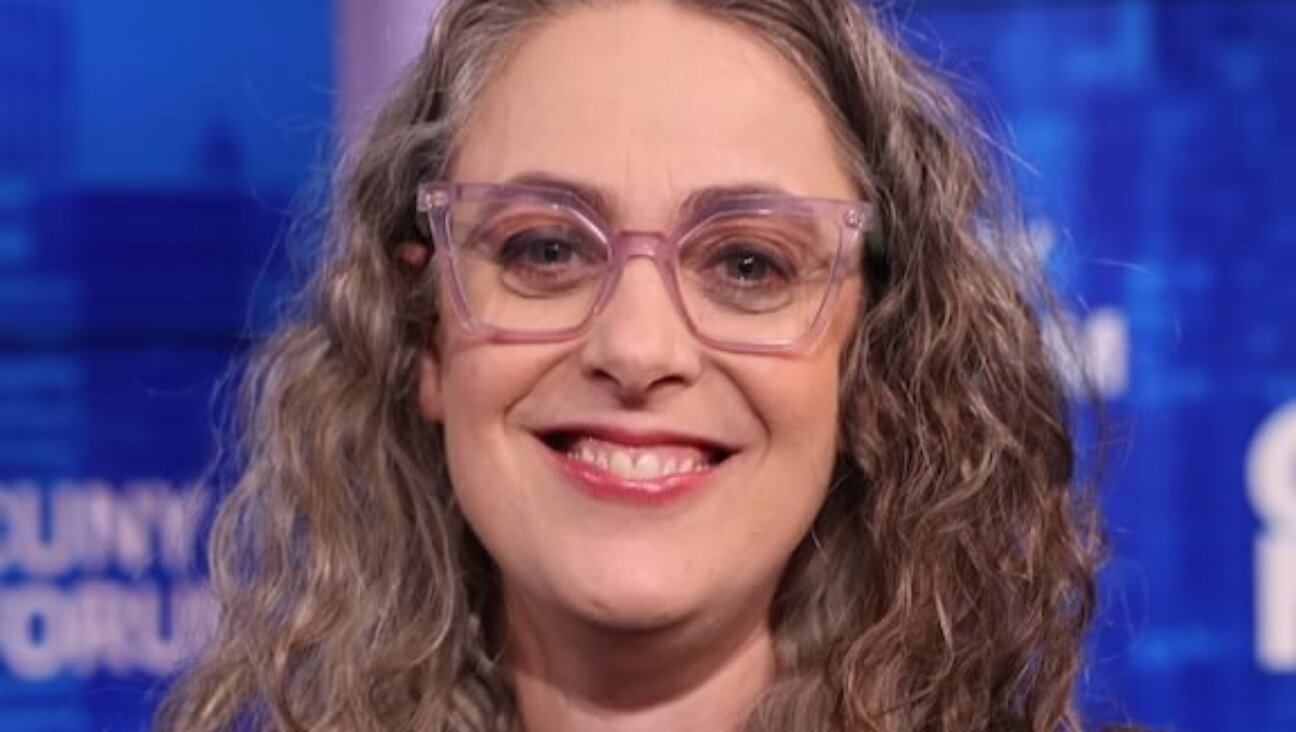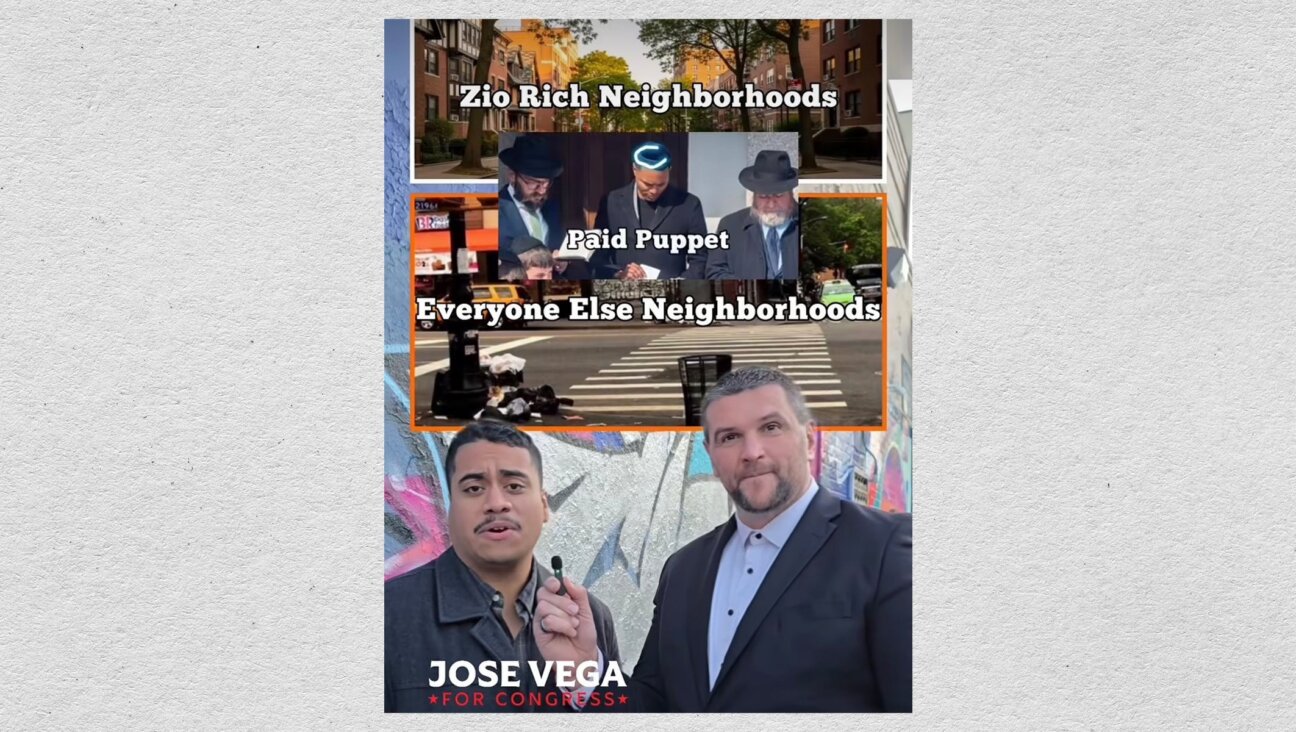A Congress for Our Times
Has the World Jewish Congress’s time come and gone? That’s a question people have asked me again and again over the past few months. I answer: Given world events, always remembering our history, it is vital that we focus on the future and move the WJC forward together.
The WJC must be brought back to the magnificent organization that Edgar Bronfman built up over the past two and a half decades. Under Edgar’s able and farsighted leadership, the WJC won victories of truly historic proportion. It advanced the cause of the Jewish people throughout the world, and that must continue. There are specific reasons why this is so vital today.
In my philanthropic work throughout Eastern Europe and the former Soviet Union, I have seen Jewish communities that need hope. In 70 years, they have been buffeted first by Nazism and then by communism. Today, they look to us for help. They need the World Jewish Congress to protect them when they cannot protect themselves. There is no greater goal for this organization to accomplish. That is why it was formed seven decades ago: to protect Jewish communities that were in peril. The locations may have changed, but the problems have not. Whether there are Jews in Eastern Europe or the former Soviet Union or Latin America that need our help, the WJC should be there for them.
It should also be clear to anyone who reads a newspaper or watches television that something has changed in the world. After the end of World War II and the exposure of the Holocaust, the world placed a moratorium on openly displayed acts of antisemitism. Six decades later, that ban on open Jew-hatred seems to have disappeared. We see it on satellite television and in cartoons that rival anything put out in the Third Reich. The WJC should be at the forefront of this struggle. We need to speak with a unified voice that is international in scope to combat this resurgence of antisemitism. In this regard, the WJC is uniquely positioned to lead this important fight that should be at the top of our agenda.
It is also important not to shrink from important truths. The World Jewish Congress has been distracted by disputes that have injured its reputation and its ability to fully function. Now, we must show Jews and non-Jews that the WJC is much more than a scandal — and that it is certainly more than one individual. It is imperative that this historic and unique organization be synonymous with honesty and forthrightness. We need to bring transparency to its books and truthfulness to all its dealings. People need to know that when they are dealing with the WJC, its word will be as good as gold.
When I took charge of the Jewish National Fund, that great organization was also mired in scandal. Nine years later, the JNF is one of the most exemplary charitable institutions in the world. This dramatic turnaround came about not by magic and not by wishing the problems away. It was accomplished by bringing in new and younger people and setting a zero-tolerance policy for anything that is not completely honest and above board.
There have been times over the past 60 years when having strong leadership at the helm of the World Jewish Congress was important but not vital. This is not one of those times. Some have said that the world is as dangerous today as it was in 1938. That may or may not be true, but the following is absolutely true: The worst thing we could do right now as a people would be to wallow in factional fighting. Working together as one unified people, we can accomplish miracles. We have done this in the past — many times. And we can and must do it again.
Ronald S. Lauder is president of the Jewish National Fund and a former chairman of the Conference of Presidents of Major American Jewish Organizations. He is a declared candidate for the presidency of the World Jewish Congress.















